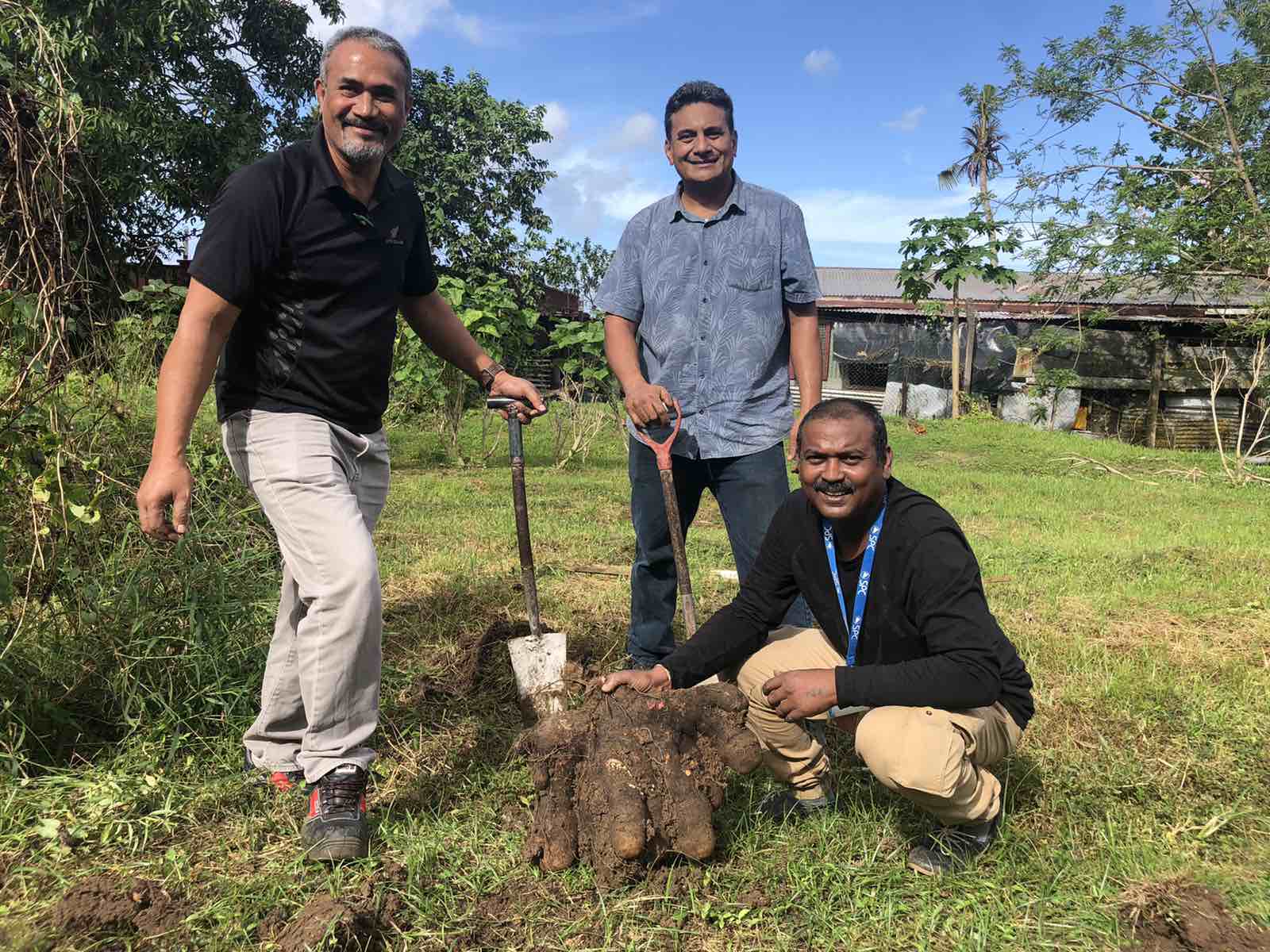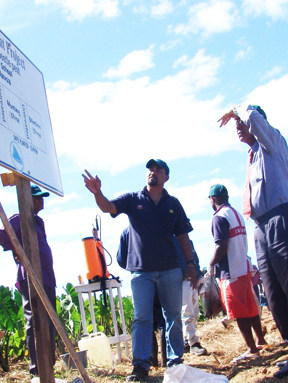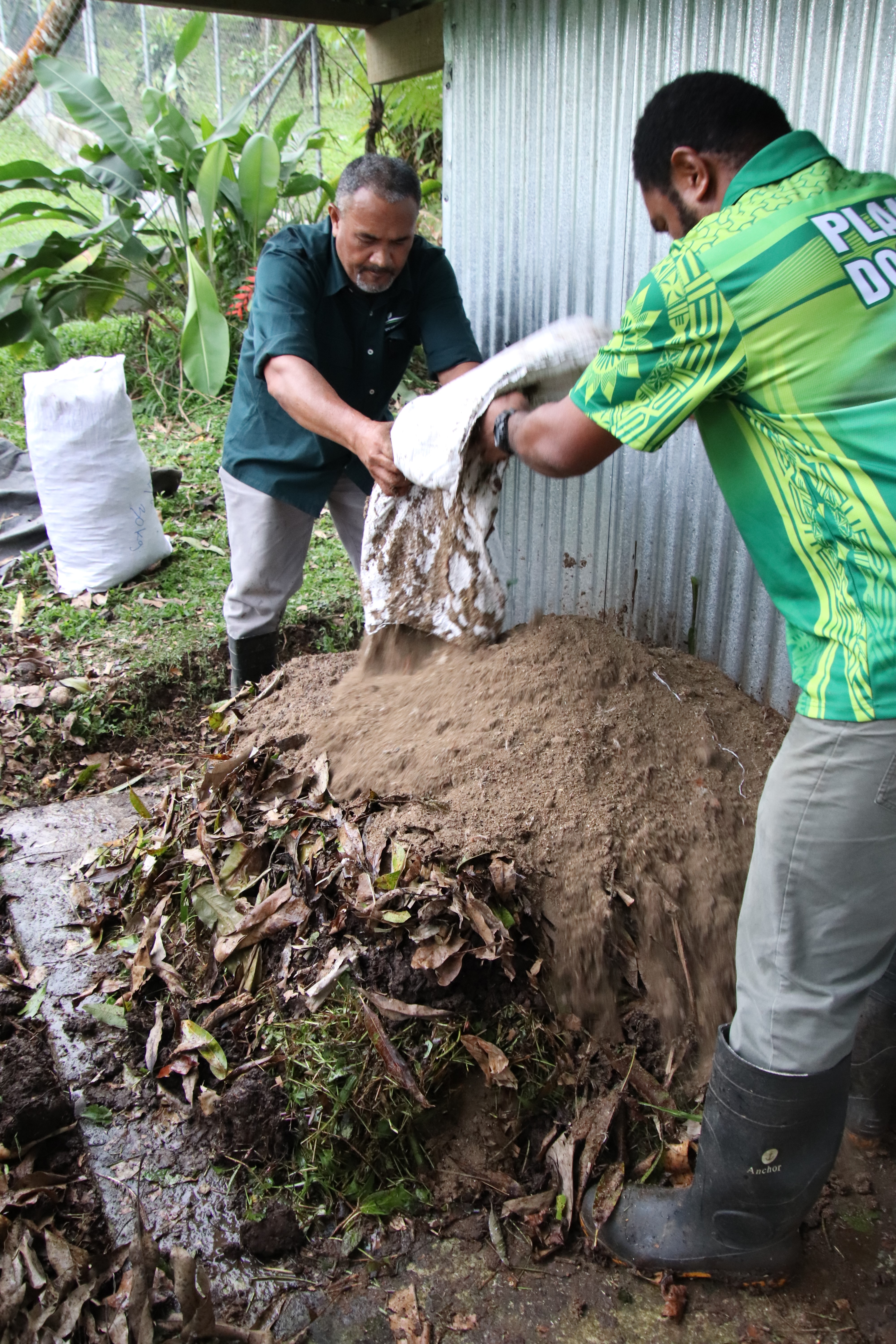For over two decades, Fereti Atumurirava has been an integral part of the regional effort to support long-term food security and sustainability of staple resources as part of the broader ACIAR-supported horticulture projects in the region.
ACIAR has a long-standing relationship with the Pacific since 1982, fostering partnerships and connecting Australian researchers with their counterparts throughout the region, helping reduce poverty and improve food security.
The partnerships include working with multilateral research agencies such as the Pacific Community (SPC) – the region's principal and largest scientific and technical organisation.
ACIAR Regional Manager for the Pacific, Ms Mai Alagcan, explained that the partnership between ACIAR and SPC is built over 30 years of collaboration between the two agencies and strengthens a shared strategic vision for sustainable agriculture, forestry and fisheries development throughout the Pacific.
‘Agricultural research is an international enterprise that is founded on strong partnerships. At the heart of these partnerships are the relationships we have built with Pacific leaders,' said Ms Alagcan.
‘Not only do we invest in organisations as partners, but we also invest greatly in the people who lead these projects, working with them to enhance their capacities and work with them on their research as they lead in providing homegrown solutions in the Pacific.’
One example of this investment in people and organisational level is Mr Fereti Atumurirava, Pest and Disease Management Adviser, Land Resources Division, SPC. Mr Atumurirava is also a proud John Allwright Fellowship alumnus.





